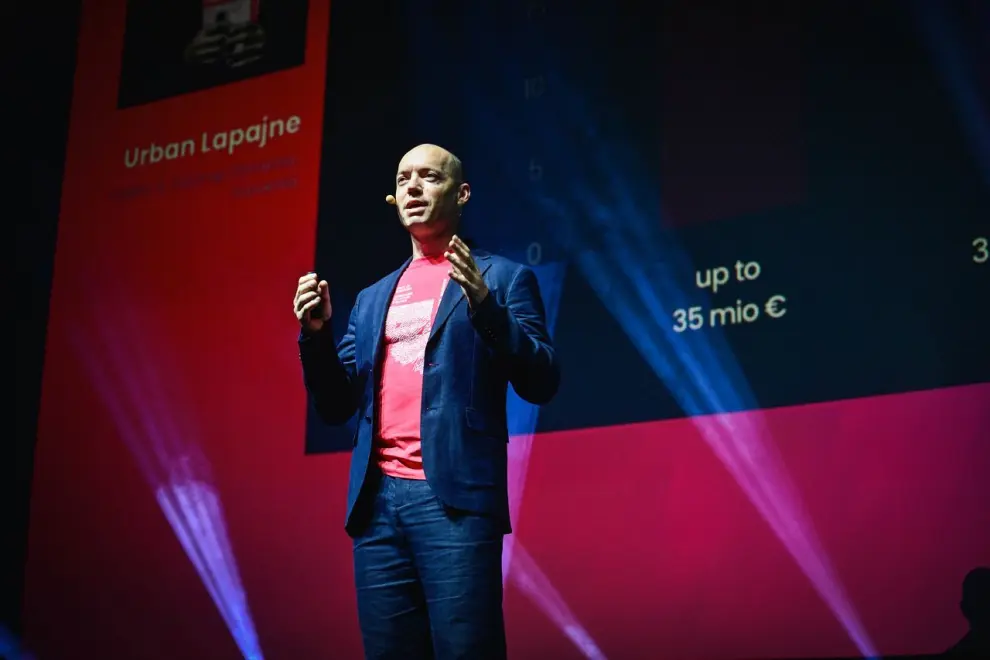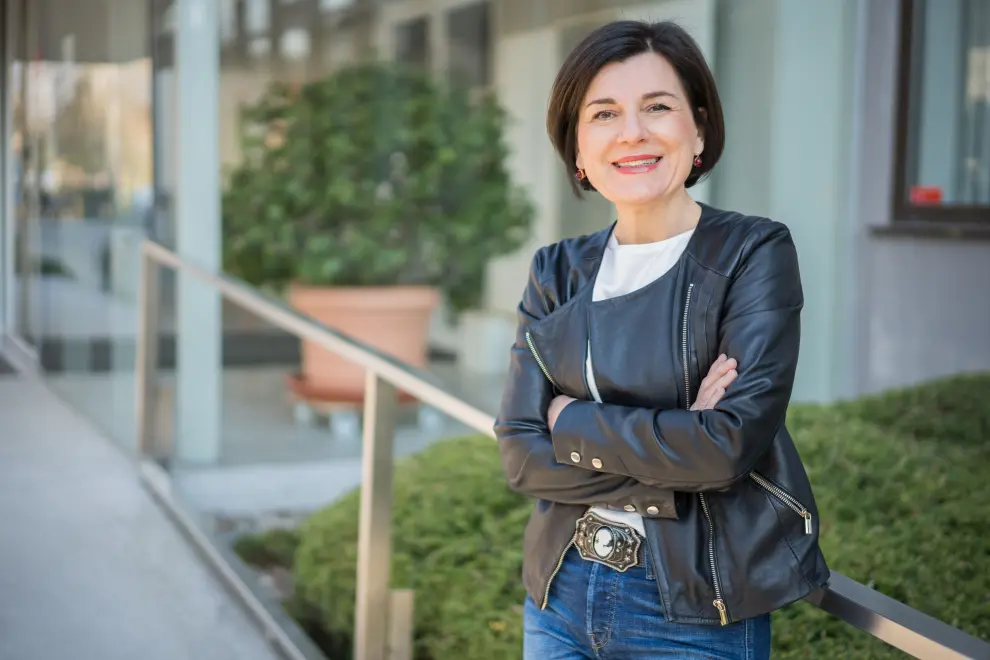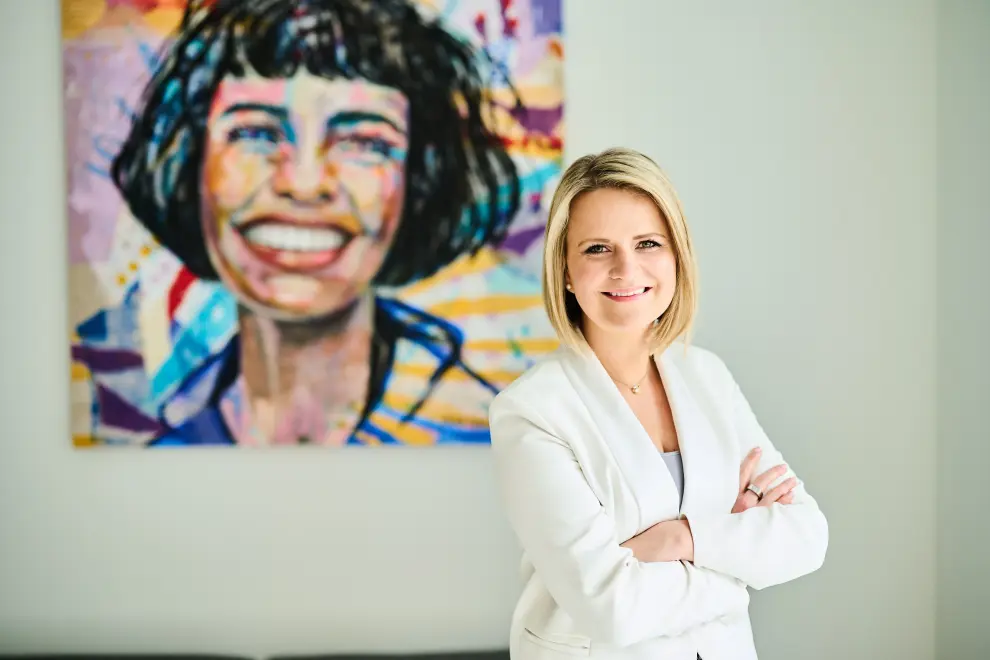
In her opinion piece for the Slovenia Times, Eva McLellan, vice president of AmCham Slovenia and managing director of Roche Slovenia, calls for healthcare to be recognized as a strategic investment in Europe's sustainable future-one that benefits all demographics, from women to the elderly.
On any
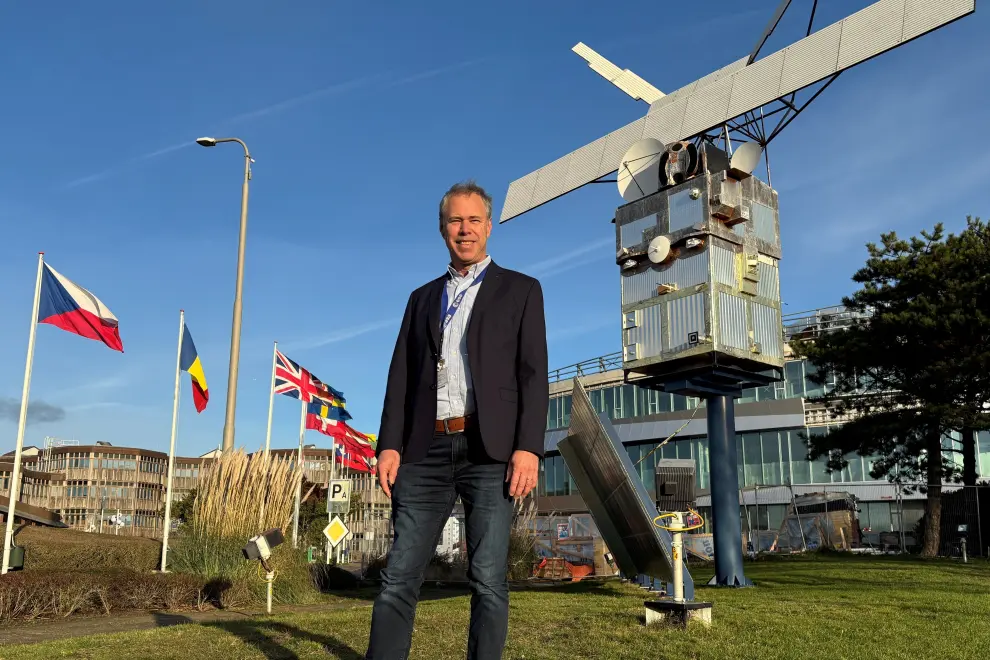
Marcos Bavdaz is Head of the Technology Preparation Section in the Science Directorate of the European Space Agency (ESA). Located at the European Space research and Technology Center (ESTEC) in Noordwijk, The Netherlands, he is responsible for the timely development of novel technologies required
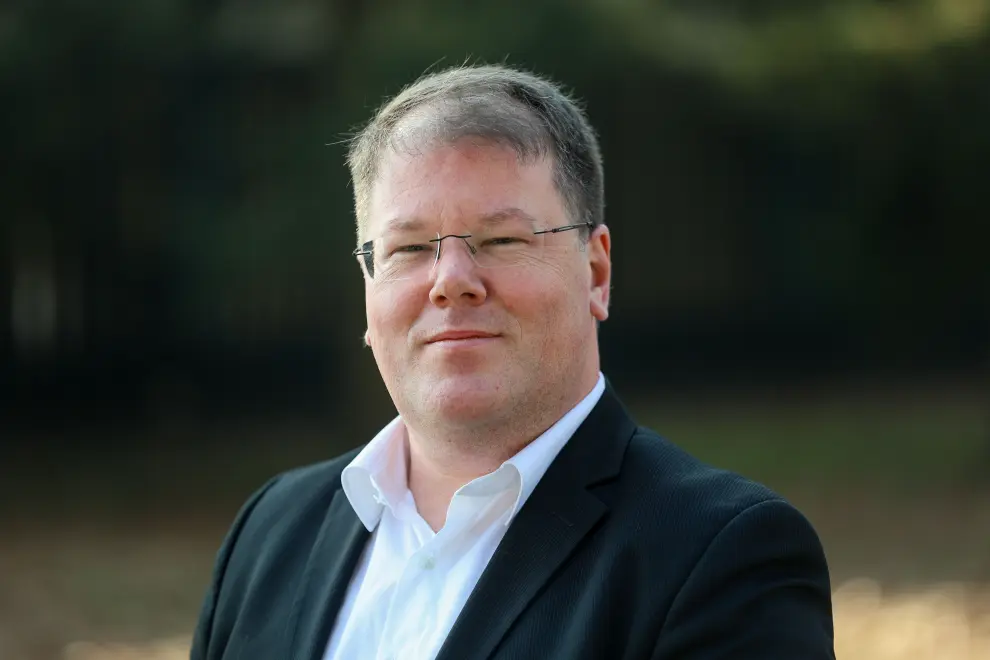
Boštjan Udovič, professor at the Chair of International Relations at the Faculty of Social Sciences, University of Ljubljana and co-editor of the book Slovenia and the EU, 20 Years of Membership in Perspective, writes in his opinion piece for the Slovenia Times that after being a "diligent student"
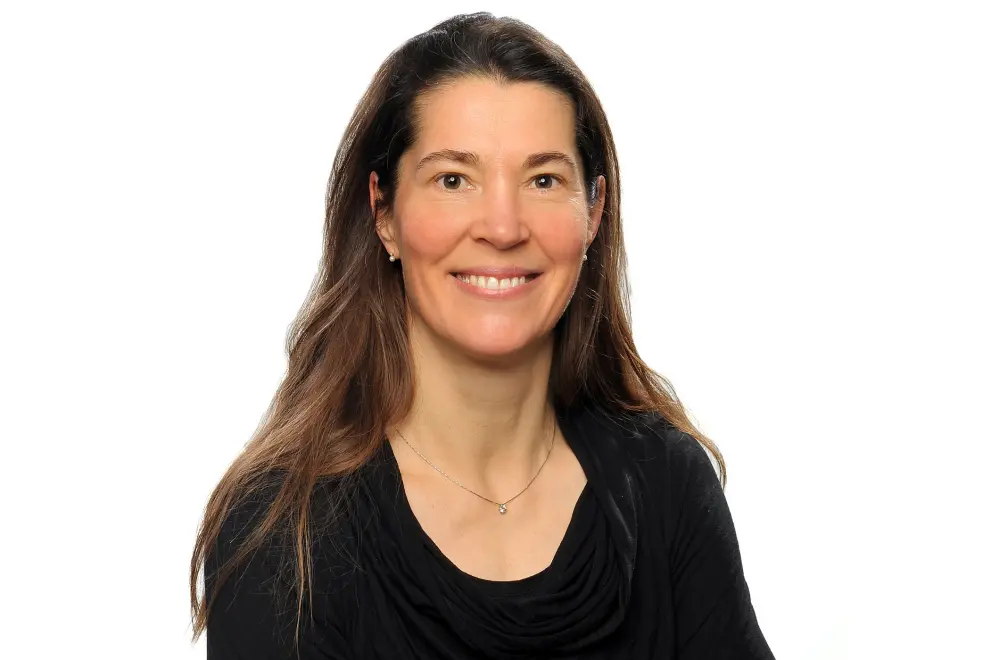
Jerneja Penca, head of the Mediterranean Institute for Environmental Studies at the Koper Science and Research Centre, explores in an opinion piece for the Slovenia Times how society is only slowly coming to terms with tangible consequences of climate change such as sea level rise. She argues in fa
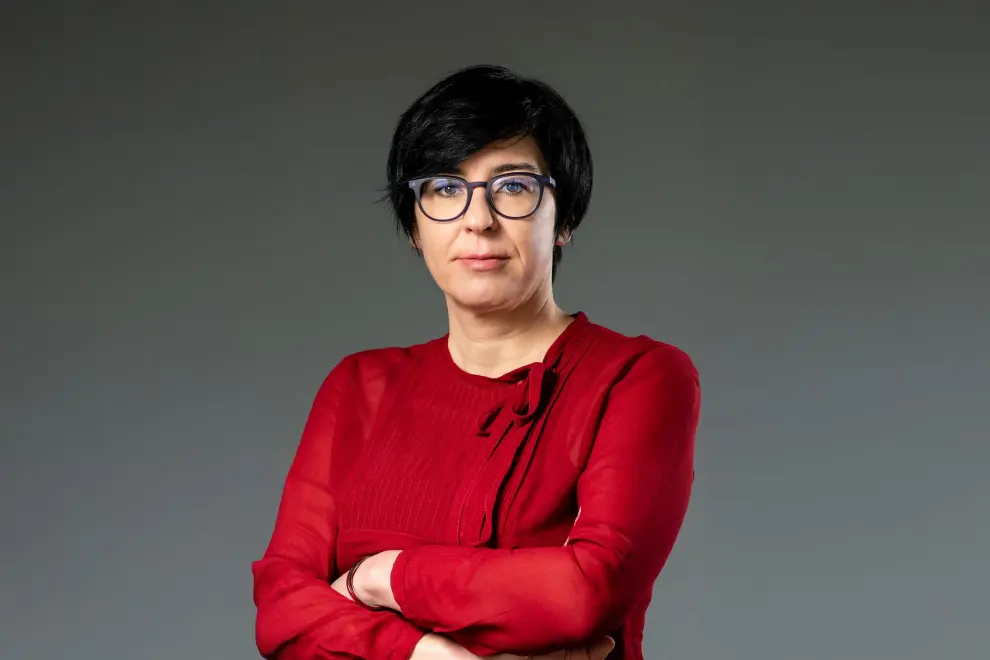
Mateja Lampe Rupnik, CEO of Red Pitaya, a Slovenian tech company that has made a name for itself internationally by designing open-source, high-performance measurement and control systems used by institutions like CERN, NASA, and MIT, discusses the need for more university-industry partnerships in
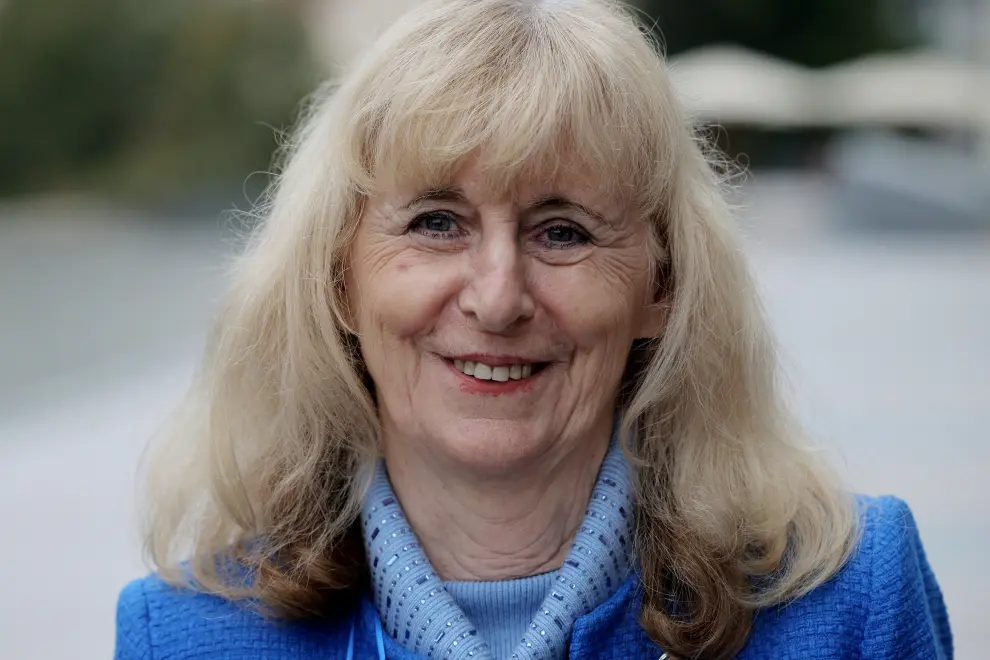
Ljubica Marjanovič Umek, an internationally acclaimed researcher in developmental psychology who was recently awarded Slovenia's top accolade for scientific achievements, the Zois Prize, explores in an op-ed for The Slovenia Times how gender stereotypes have not only persisted but become more entre
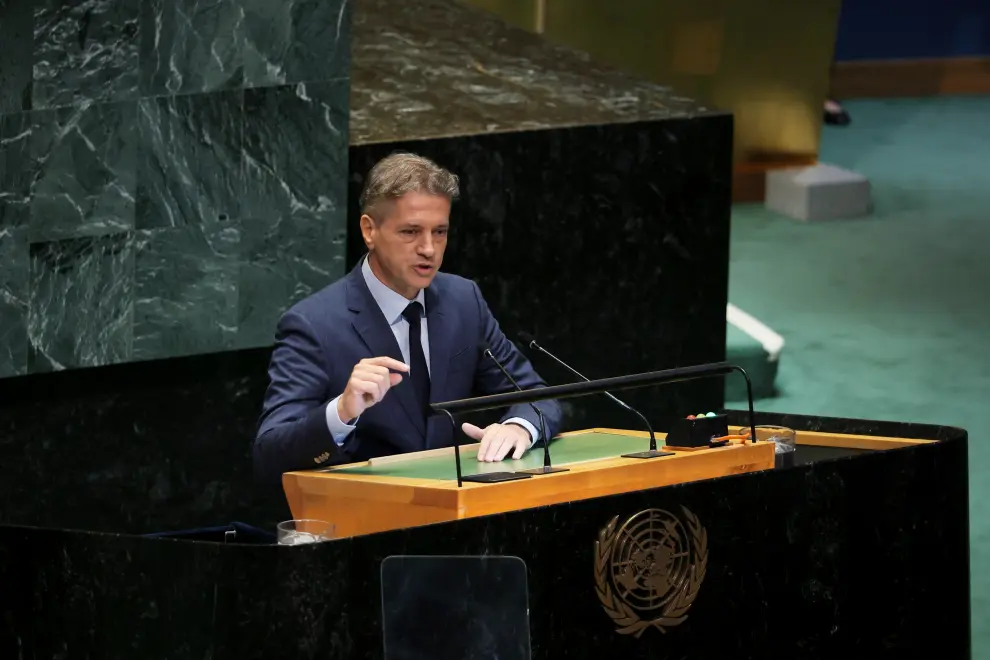
OpinionSlovenia in the UN Security Council
Slovenian Prime Minister Robert Golob told the 22 September plenary session of the Summit of the Future, a major United Nations gathering, that achieving peace is vital if humanity is to tackle the climate crisis effectively. Unless that can be achieved, everything will be in vain.
Dear President,
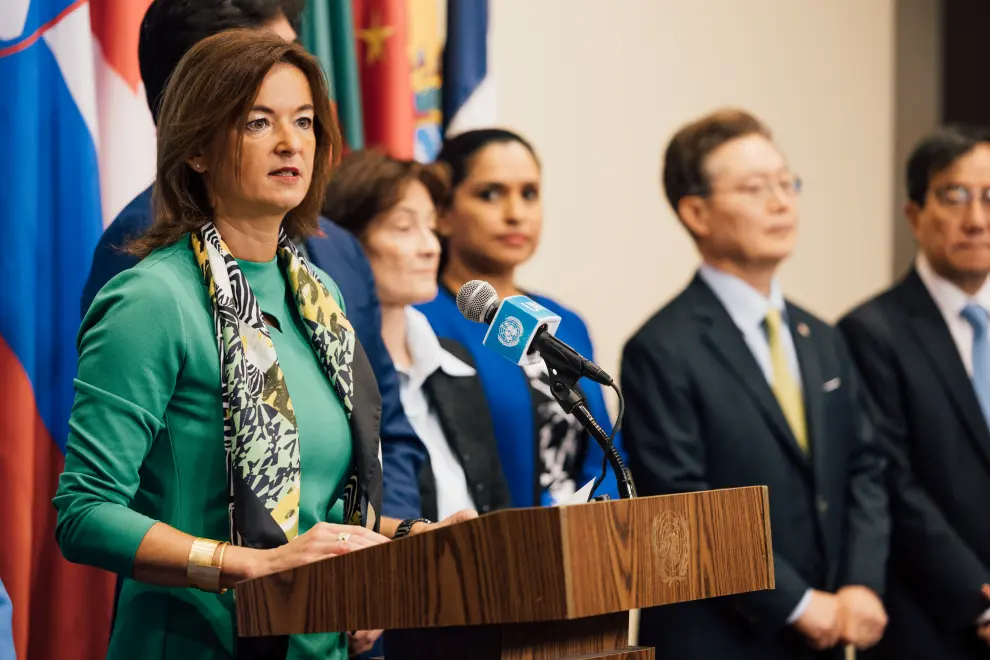
OpinionSlovenia in the UN Security Council
Slovenian Foreign Minister Tanja Fajon addressed the UN Security Council on 19 September condemning settler violence in the West Bank and calling for a peace conference to advance the two-state solution, arguing that the world is at a precipice as the potential to engulf the Middle East in a wider
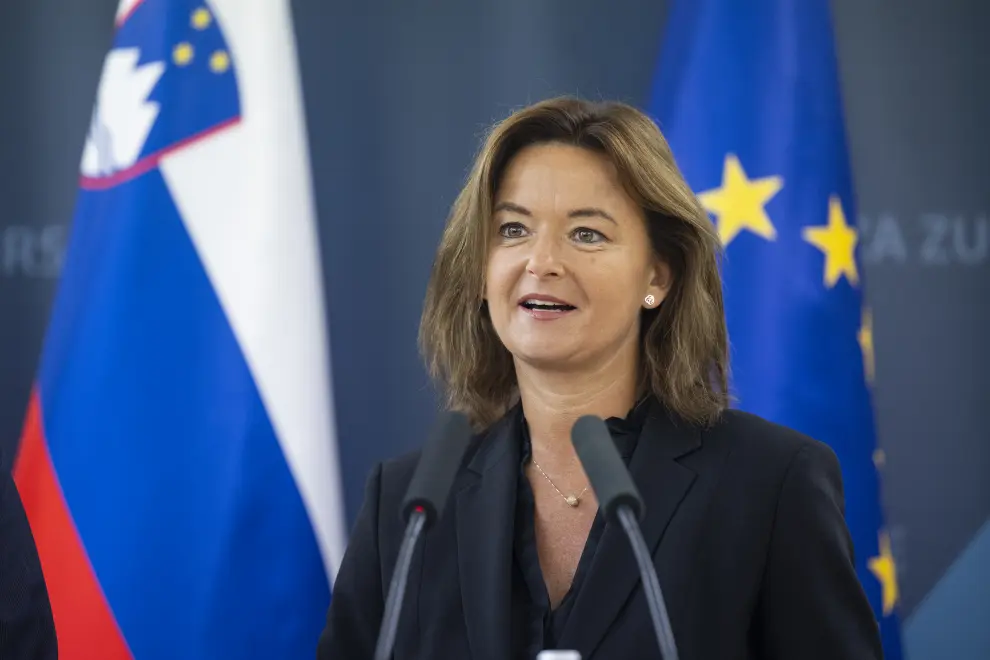
Bled Strategic Forum 2024Opinion
The world is people, not statistics, Slovenian Foreign Minister Tanja Fajon writes in her opinion piece for Bled Strategic Times ahead of the Bled Strategic Forum in reference to the toll armed conflicts are taking around the world. The rules of international law should never be an optional choice,
